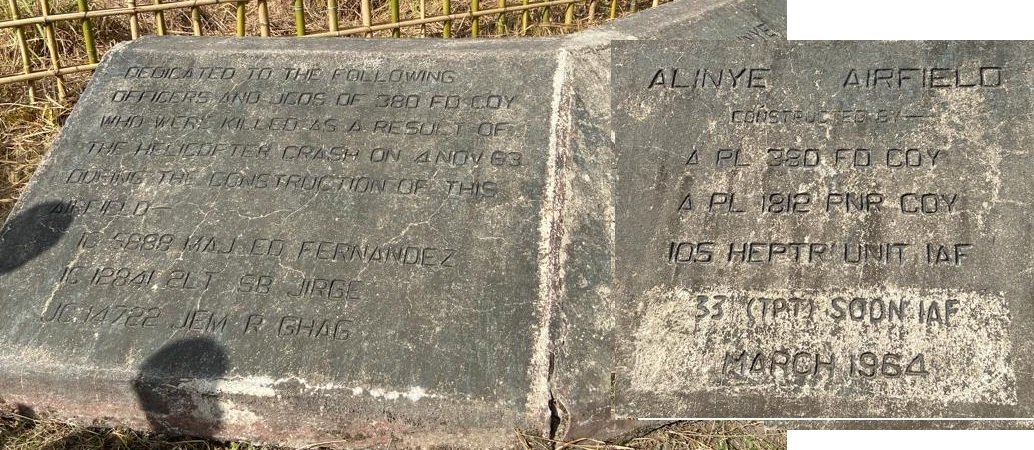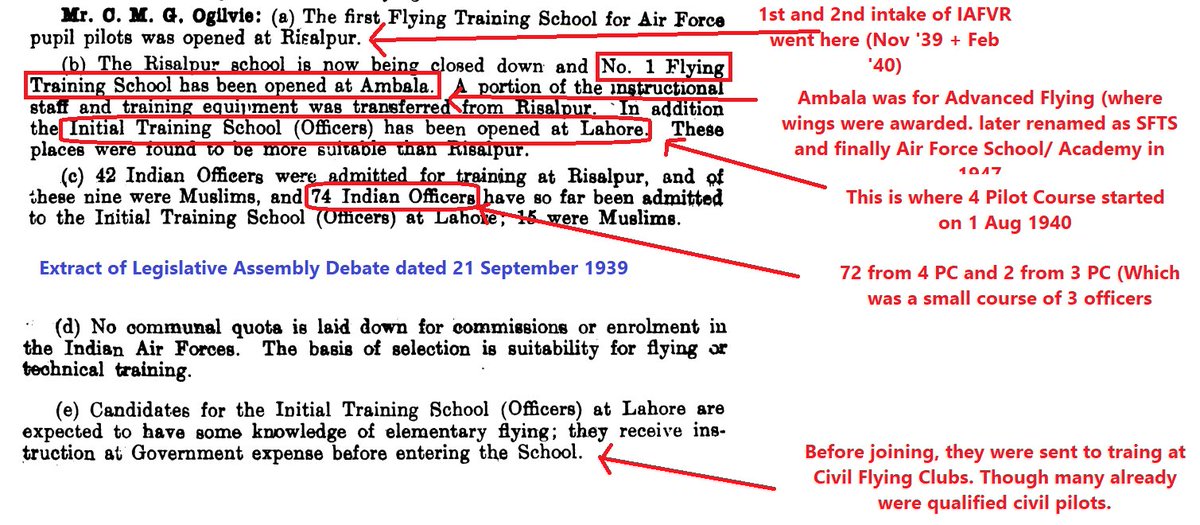
History always has answers to contemporary questions. 100 years on, the use of Air Power was beautifully explained in a note from Air Ministry on the distribution & employment of Air Force in India in 1921. "Indivisibility","technicality", "Moral effect", "Cost" #IAFHistory (1/5) 

So beautifully has this one paragraph brought the dichotomy of a "small detachment" - its efficiency for the Army and its inefficiency for the Air Force. 2/ 

That the technical nature of the Air Force makes it "viable" or "efficient" when it is grouped in the "largest" possible unit rather than disperse them. 3/ 

Advantages and limitations of the utilization of an "aircraft". Another aspect that is not well understood by other Military establishments leads to unreasonable demands on the end use of aircraft. 4/ 

Not to be forgotten - the impact on the "Moral of the enemy" of using Airpower. And how inefficient use of Air power can actually be detrimental to the use of this very potent weapon. 5/ 

Lastly, the economic cost of using Air Power, which is a magnitude of an order different from other forces and therefore begs the question of optimum use. 6/ 

The foresight of this note leaves one in awe of the planners, especially given the context that the Air Force itself was barely a few years old and only the "use case" of the Air Forces at that time was one of "Support to the Army" or "Army cooperation". 7/7
• • •
Missing some Tweet in this thread? You can try to
force a refresh





















